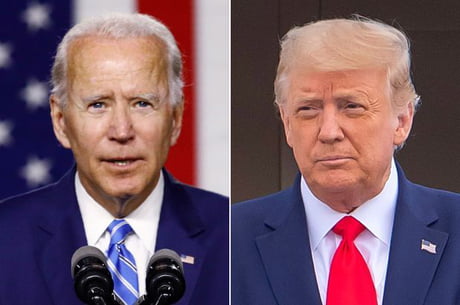

Generally, the parties either nominate slates of potential electors at their State party conventions or they chose them by a vote of the party's central committee. The first part of the process is controlled by the political parties in each State and varies from State to State. Second, during the general election, the voters in each State select their State's electors by casting their ballots. First, the political parties in each State choose slates of potential electors sometime before the general election.
/requirements-to-serve-as-president-3322199-v4-5b5b6d8746e0fb0025f96b90.png)
Who selects the electors?Ĭhoosing each State's electors is a two-part process. A State's certification of its electors is generally sufficient to establish the qualifications of electors. This prohibition relates to the post-Civil War era.Įach State's Certificates of Ascertainment confirms the names of its appointed electors. As a historical matter, the 14th Amendment provides that State officials who have engaged in insurrection or rebellion against the United States or given aid and comfort to its enemies are disqualified from serving as electors. Article II, section 1, clause 2 provides that no Senator or Representative, or Person holding an Office of Trust or Profit under the United States, shall be appointed an elector.

Constitution contains very few provisions relating to the qualifications of electors. What are the qualifications to be an elector? The Electoral College website now has an easy-to-remember address.


 0 kommentar(er)
0 kommentar(er)
